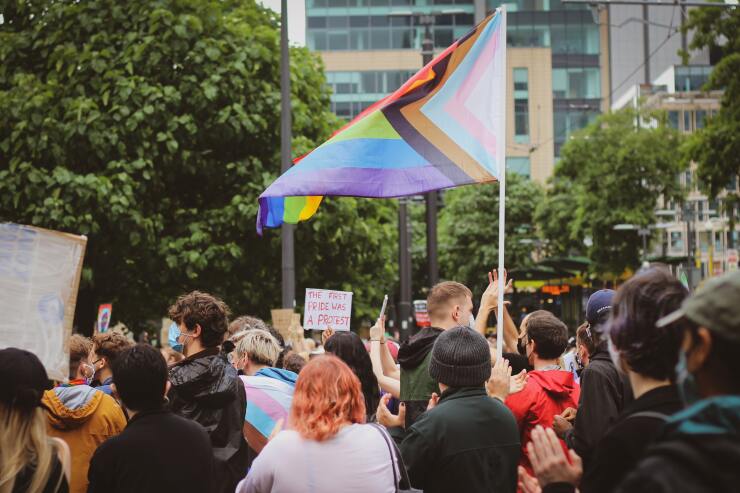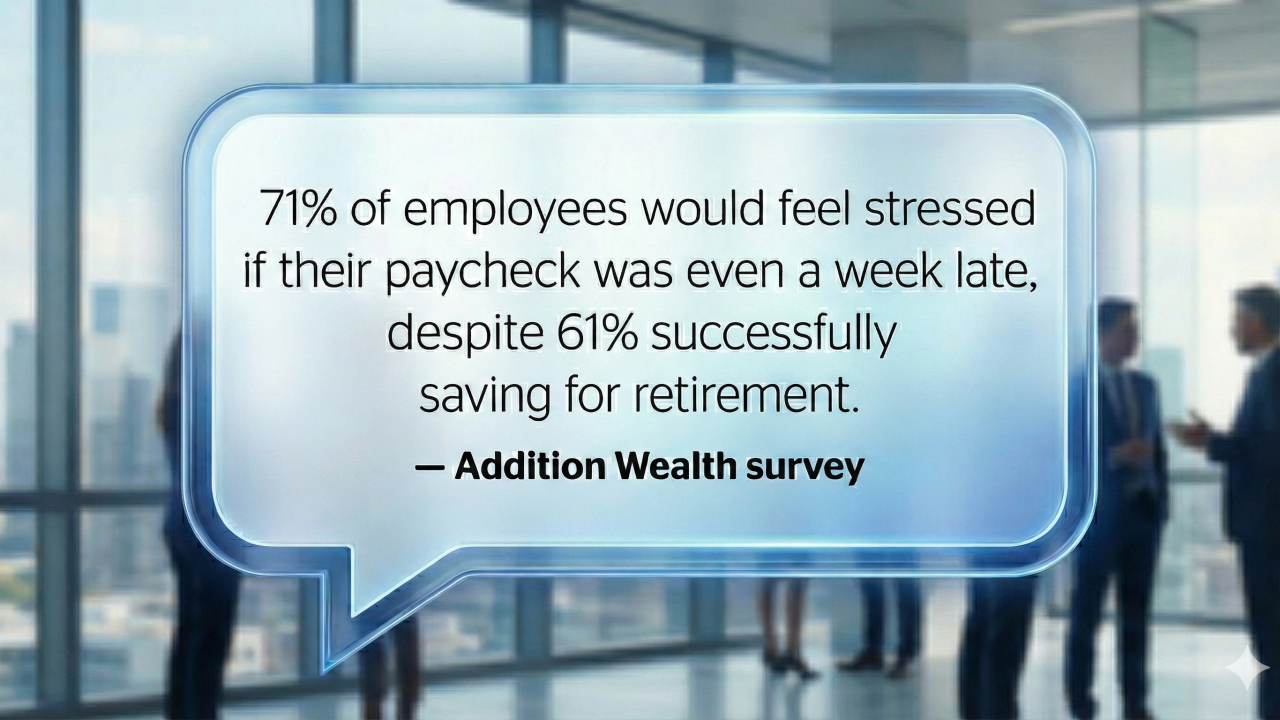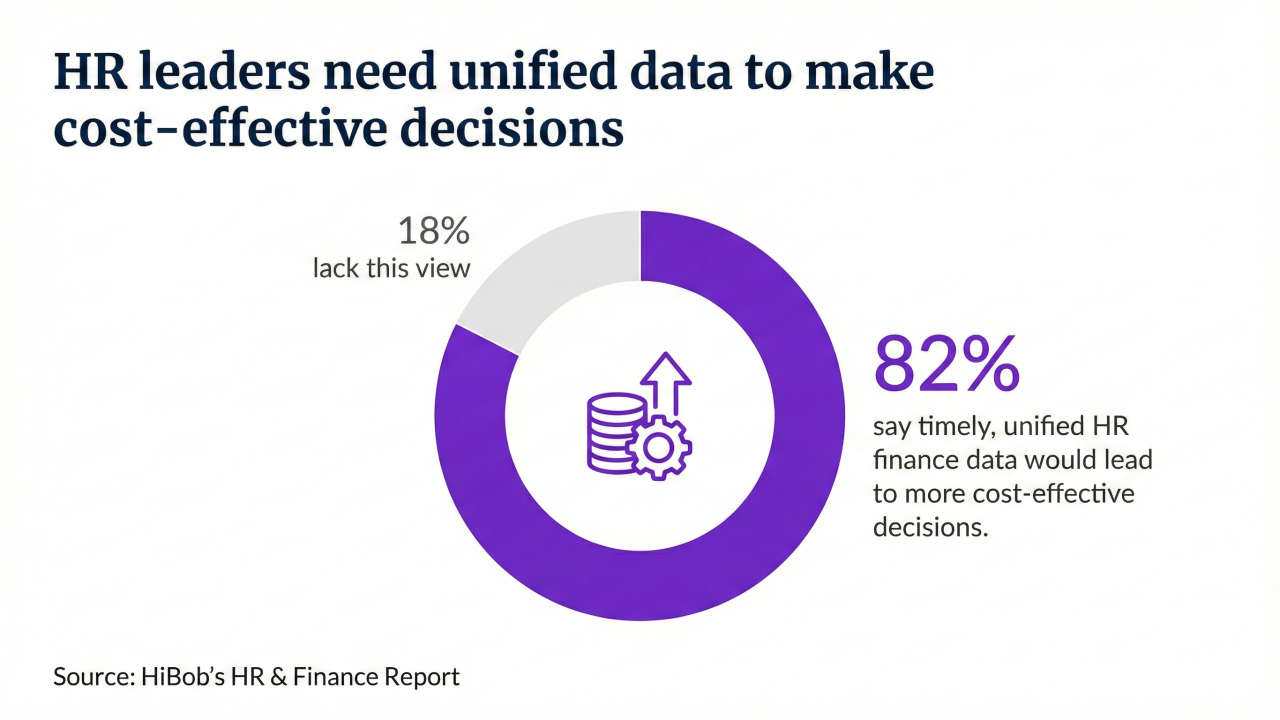While the world grappled with the day-to-day restrictions brought on by COVID-19, the pandemic gave Ellie Parsons a newfound sense of freedom.
Parsons, the director of mobile engineering at Ovia Health, began her transition in 2020 as the world shifted to remote work, and working from home gave her the space to dress how she liked — in dresses and skirts — and discover her identity without the need for explanation.
But when she was ready to come out, Parsons knew that she
“I kind of knew that everybody in the company was going to be very supportive and accepting, just because I had already seen it as part of our company culture,” says Parsons, who first confided in a close, non-binary colleague, and then told more members of the team after receiving that first boost of support. “It provided me with a lot of validation and it was just a very positive experience.”
Read More:
Unfortunately, Parson’s experience is
“There's a lot of conversations happening in the workforce right now about the idea of
For Parsons, the outpouring of support she got at Ovia made it easier to do certain things outside of work that had felt daunting, like changing her legal name and sharing her pronouns. Ovia’s response, she says, will impact what she demands and expects from future workplaces.
Read More:
That’s a sentiment
“The transgender community is clearly self-selecting into workplaces that have those inclusive policies, or they are advocating for those policies to be added once they get there,” Wronski says.
According to Parsons, trans folk experience enough self-doubt — the last place they need to feel additional uncertainty is at work. If they don’t feel safe and seen — or if they don’t have access to
“I don't care how much money you throw at me,” Parsons says. “If you don't have those kinds of benefits [and culture] you're not supporting everybody and you're not inclusive.”






